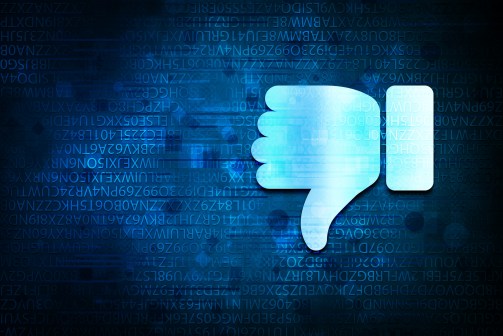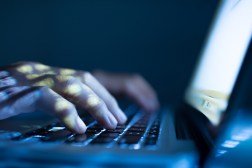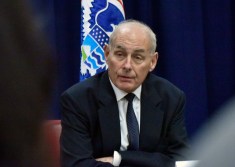Communication during emergencies has changed drastically in the past decade, evidenced by the use of tools like Twitter to spread important information during natural disasters. Taking advantage of that shift, the House of Representatives voted 357-19 Tuesday to pass legislation requiring the Department of Homeland Security to form a social media working group that would provide guidance and preparedness for social media use during times of national crisis.
Sponsored by Rep. Susan Brooks — the Republican chairwoman of the Subcommittee on Emergency Preparedness, Response, and Communications in the House — the Social Media Working Group Act of 2014 amends the Homeland Security Act of 2002 to account for how important social media has become to mass emergency situations. Citing her use of Twitter during a tornado warning recently in her home state, Brooks said the same communication can be used to effectively spread word during a terrorist attack.
“We’ve seen how vital social media is becoming in preparedness and support efforts, particularly with Super Storm Sandy and in the aftermath of the Boston Marathon bombings,” she said on the House floor Tuesday. And just last week when Hurricane Arthur ruined Fourth of July plans for Americans on the east coast, the Federal Emergency Management Agency used social media to spread word of evacuations and response plans.
“Social media is transforming the way the nation is communicating before, during and after a disaster,” Brooks said. “[C]itizens are turning to Facebook, Twitter and even Instagram for public safety information, to comfort survivors and request assistance.”
During two hearings last year, the subcommittee “focused on this new reality,” Brooks said, and the biggest takeaway “was that during and after a disaster, there needs to be better communication between the public and private sector.”
Rep. Donald Payne, a Democrat whose home state of New Jersey was devastated by Hurricane Sandy, co-sponsored the bill. Before the legislation passed the House, he recalled how social media “galvanized ordinary citizens into action” along the Atlantic Coast in 2012 and after the Boston Marathon bombings last year.
“In the wake of the Boston bombings, Boston residents used Google Docs to let marathoners know that their homes were open to those who were unable to return to their hotels,” Payne said. “After Hurricane Sandy, survivors posted the horrific images of homes washed away on Twitter and Facebook to help the world understand the strength of the storm.”
He said the bill would ensure that those disasters become learning experiences. Specifically, it would “authorize the social media working group that sits with the science and technology directorate to facilitate the exchange of best practices and lessons learned related to the use of social media during disasters,” Payne said.
Brooks added that in addition to promoting best practices, a DHS social media working group would improve public-private dialogue on preparedness and response and submit an annual report to Congress on its findings.
“In today’s day and age where new social media platforms and technologies can change the game almost instantly, we must ensure our first responders are nimble enough to adapt to an ever-changing landscape,” she said. “This group is but one way to facilitate this.”






